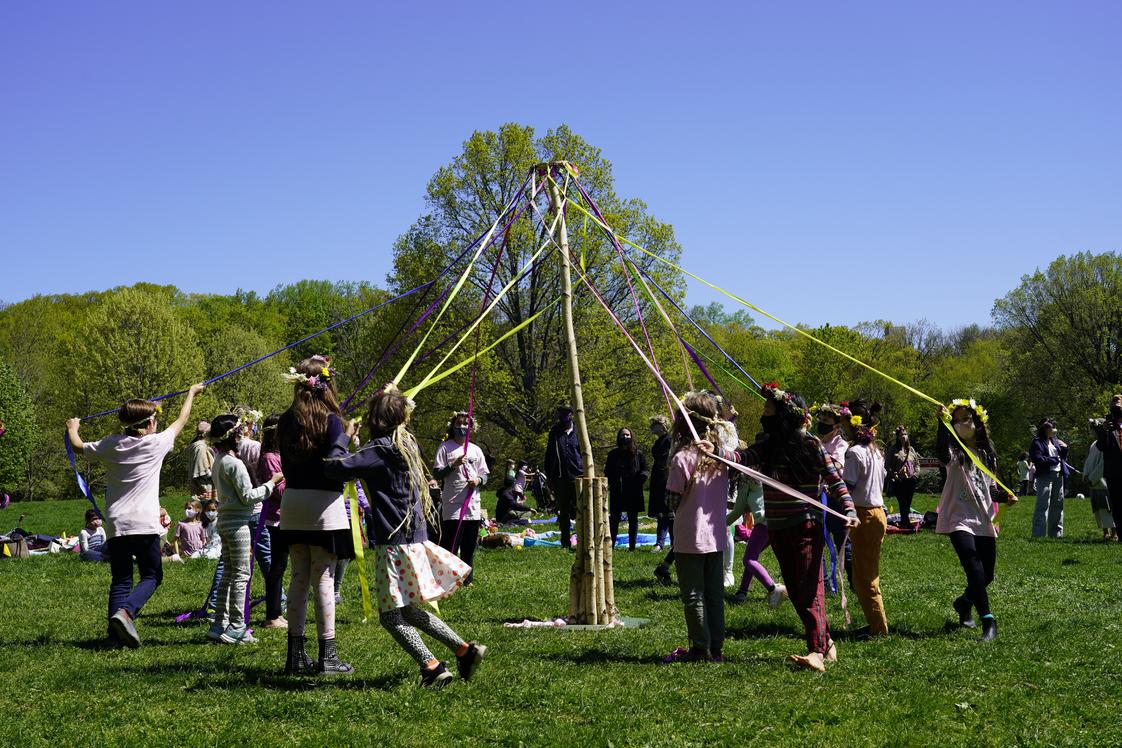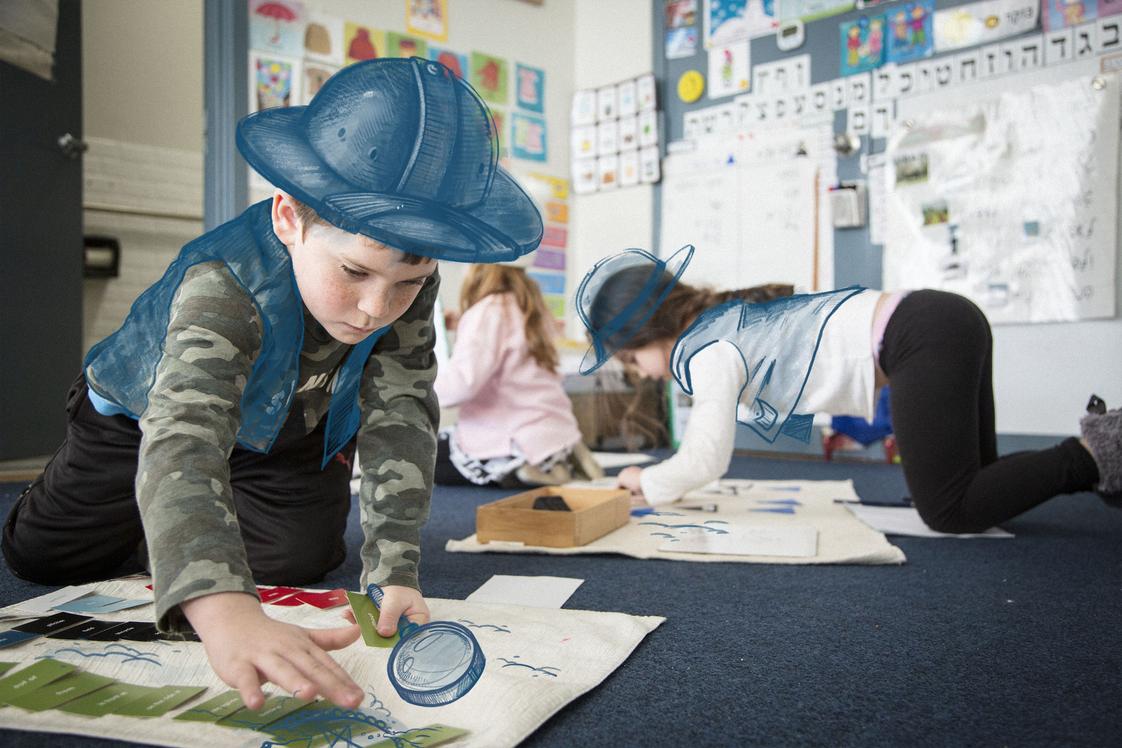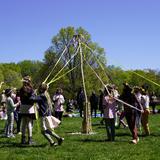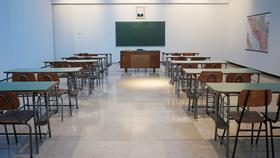Private Preschools in 11238, NY (2026)
School
Location
Quick Facts
457 Grand Ave
Brooklyn, NY 11238
(718) 866-4226
Brooklyn, NY 11238
(718) 866-4226
Gr: PK-7 | 43 students
11 Jefferson Avenue
Brooklyn, NY 11238
(718) 783-3270
Brooklyn, NY 11238
(718) 783-3270
Gr: NS-8 | 157 students Avg. class size: 12 students Sports: 2 | Extracurrculars: 2 Tuition listed
279 Lafayette Avenue
Brooklyn, NY 11238
(718) 622-1107
Brooklyn, NY 11238
(718) 622-1107
Gr: PK-K | 20 students
Joan Fenichel Therapeutic Nrsy
Special Education School
483 Clermont Ave
Brooklyn, NY 11238
(718) 643-5300
Brooklyn, NY 11238
(718) 643-5300
Gr: NS-PK | 100 students Tuition listed
Luria Academy Of Brooklyn![Luria Academy Of Brooklyn Photo - Discover Luria Luria Academy Of Brooklyn Photo - Discover Luria]()
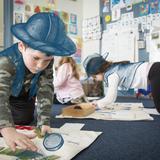
(Jewish)
664 Bergen Street
Brooklyn, NY 11238
(718) 398-3290
Brooklyn, NY 11238
(718) 398-3290
Gr: NS-8 | 315 students Avg. class size: 22 students Sports: 6 | Extracurrculars: 12 Tuition listed
Montessori Day School Of Brooklyn - Prospect Hts
Montessori School
237 Park Place
Brooklyn, NY 11238
(718) 398-2322
Brooklyn, NY 11238
(718) 398-2322
Gr: NS-K | 112 students Tuition listed
Frequently Asked Questions
How many private preschools are located in 11238, NY?
6 private preschools are located in 11238, NY.
How diverse are private preschools in 11238?
11238 private preschools are approximately 64% minority students, which is higher than the New York private school average of 40%.
Recent Articles

How Global Economic Trends Shape Private School Affordability
Explore how global economic trends influence private school affordability and enrollment in 2026, with insights for families and educators.

Parent Engagement in Private Schools in 2026
Explore how parent engagement in private schools builds strong communities, support networks, and student success in 2026.

So Many Choices: Navigating Private School Selection in 2026
A 2026 parent guide to choosing the right private school, with updated admissions timelines, tuition trends, affordability strategies, and expert insights.

